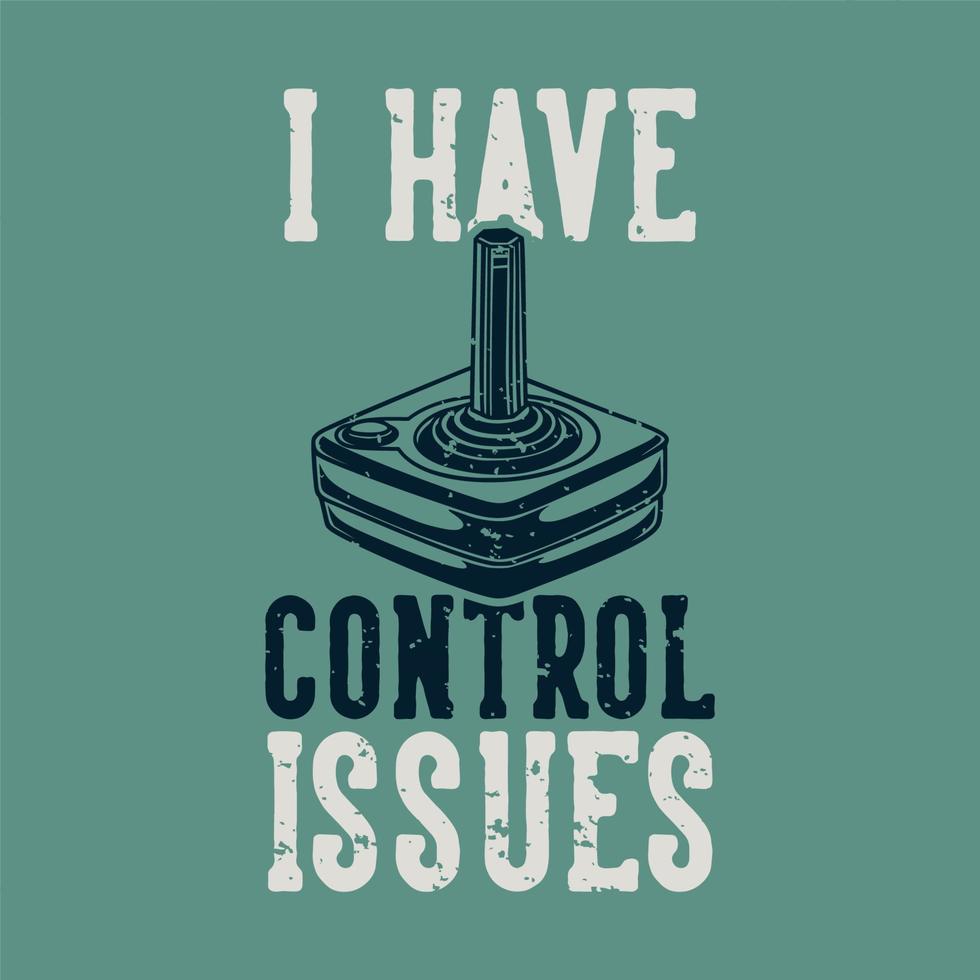Control is the action of influencing one’s environment or actions and behaviours of another individual, this behaviour is mostly portrayed by the individuals who live in the fear of losing control, who fear the unpredictable and ambiguous, people who have the urge to prove themselves. This type of personality can become overwhelming or exhausting in their relationships, career or personal life, they tend to keep mistakes when it comes to setting boundaries and can lead to various issues in life.
Causes of Control Issues
Control is mostly a natural reaction to internal fear of losing control. There can be various reasons for such toxic behaviour ranging from trauma from past events, where they felt vulnerable, or past experience of abuse or neglect, leading to unhealthy behaviour where they might not even realise the portrayal of toxicity from their sides.
Such personality are rigid about their lifestyle and of people around them, they like micromanage all the actions and behaviours of people around them, including their diet, cleanliness, hygiene, routine and order , for example if a person was subjected to psychological or physical abuse may inflict pain on their dear ones in the form of further abuse like ridiculing their actions or behaviours, isolation, restricting them from following personal needs, or sometimes in extreme cases inflicting physical or sexual assault, trying to cope with their own pain, by inflicting the pain on others, most of the times these feelings are so deeply buried and go unrecognized.
Control issues are related to deep seated issues like –
- Trauma or abuse (sometimes repeated incidents of abuse)
- Unworthy of trust
- Anxiety
- Abandonment issues, or fear of abandonment
- Low self esteem
- Emotional sensitivity
- Fear of experiencing trauma or painful emotions
- Fear of failure and perfectionism
- Values, faith and beliefs.
How to know if you are exerting control over others
- Micromanaging their life
- Isolating a person from their loved ones or friends
- Gaslighting (is a form of psychological manipulation, where you make them doubt their own selves and their sanity)
- Physical, sexual or emotional abuse
- Bullying and taunting
- Over protective parenting
- Dishonesty
- Control issues within ourselves
- Eating disorders
- Compulsive need for exercise
- Self harm
- Substance abuse
- Compulsive cleaning issues
People with issues can further experience mental health issues like anxiety, stress, depression, etc
Signs –
– Being depressed or upset when cannot exert control over others or self
– Attention seeking behaviour
– Throwing tantrums or manipulating others
– Becoming easily agitated or upset when asked repeated or basic questions
– Cannot accept ‘no’ for an answer
– Abusive in the need for power
– Expecting others to follow their lead, or obey their word, generally bending people to their will
Treatment
For the treatment of controlling issues, psychotherapy is suggested. In psychotherapy, control issues are addressed and through this, the individual can find out the source of this need for control In life, both the client and the therapist need to work together to understand and unravel these emotions that are deeply bound to the individual, their fear, their emotions or the anxiety that arises from it, and hence working on coping strategies that might help in overcoming these irrational fears and anxiety. Therapy can also help the client to identify their nature, the need for protecting themselves from harm, which might be the cause of the control needs.
Here are the top five tools I use to manage my control issues:
1. Learn to Unwind (Really).
People who tell me to “just relax!” have always irritated me. There’s no such thing as “just.” Relaxation is a talent that can be learned. And, just like any other skill, it takes practise to master. But how can you get in the habit of being relaxed? I wouldn’t need to practise if I could do it!!
2. Either learn to delegate or cut corners.
It doesn’t matter now if it won’t matter in five years. It’s fine to hire people, use Blue Apron, and don’t worry if your child only participates in one sport or activity at a time. The most important thing to remember while delegating is that you cannot get tied to the results. No one else will be able to accomplish it as well as you, and that’s fine!! Start small if this is really difficult for you, but choose something and have someone else do it today.
3. Please set some limits.
It’s fine to say “no,” even if you’ve always done it and people expect it of you. I know you send out a Christmas card every year, but this year might be different. What are you going to take off your plate if you decide to do it? Hire more help over the holidays to compensate for the time you’ll be spending on the extra tasks that have been added to your plate.
4. Get rid of the word “right.”
There is no one-size-fits-all approach to cleaning the kitchen counter! Allow yourself to let go of right – if someone is willing to do anything, that should suffice. If it’s half-assed, attempt to give them and their actions the most generous reading possible. It is no longer your choice which path to take. Allow folks to find their own ways to contribute and participate in the action.
5. Use realistic self-talk to counter negative thinking.
“I’ll never get over it if he ignores me again.” We never make any changes that last!” “We’ve been this way for far too long, and it’ll always be this way, leading to worry and controlling behaviour.”
The top mental health specialists online may be found at TalktoAngel. You can find the assistance you require by using this search engine to look up “Online counselor” or “Best Therapist in India“
